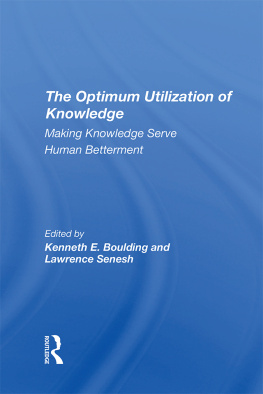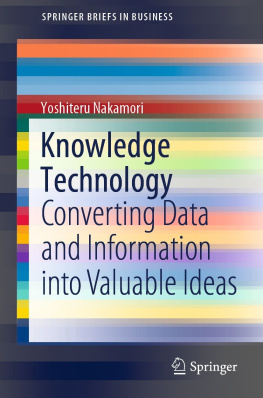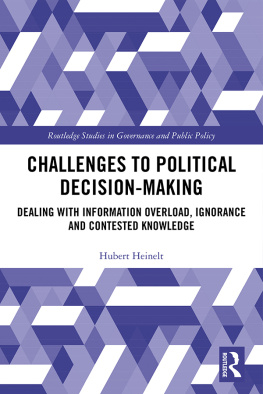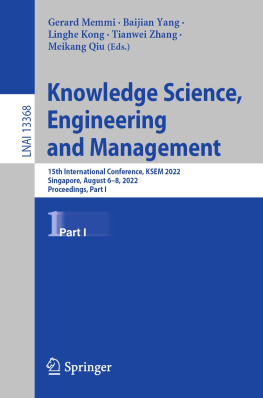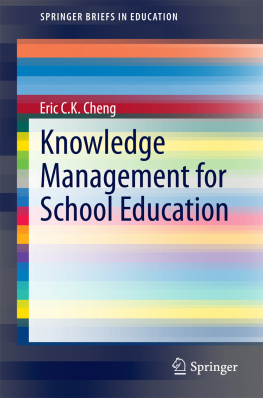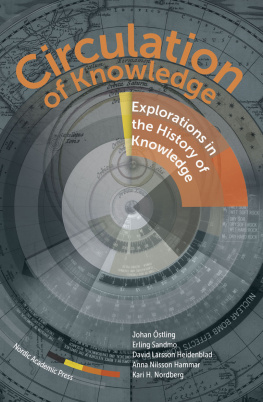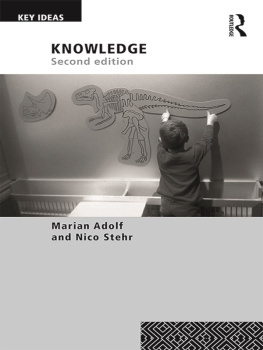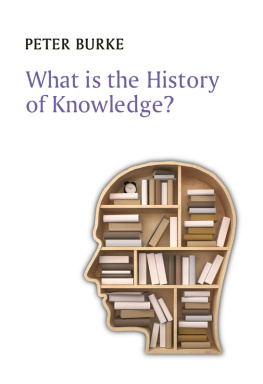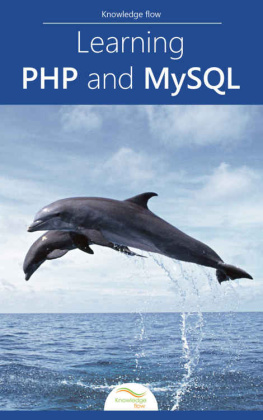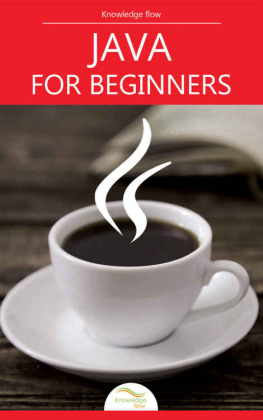Also in This Series
Barriers to Integrity: Modern Roles of Knowledge Utilization, Donna H. Kerr
AIS Retrospections Series
The Humanistic Teachings of Earl S. Johnson, Earl S. Johnson, edited by John D. Haas
Labor-Religion Prophet: The Times and Life of Harry F. Ward, Eugene P. Link
First published 1983 by Westview Press, Inc.
Published 2019 by Routledge
52 Vanderbilt Avenue, New York, NY 10017
2 Park Square, Milton Park, Abingdon, Oxon OX14 4RN
Routledge is an imprint of the Taylor & Francis Group, an informa business
Copyright 1983 Taylor & Francis
All rights reserved. No part of this book may be reprinted or reproduced or utilised in any form or by any electronic, mechanical, or other means, now known or hereafter invented, including photocopying and recording, or in any information storage or retrieval system, without permission in writing from the publishers.
Notice:
Product or corporate names may be trademarks or registered trademarks, and are used only for identification and explanation without intent to infringe.
Library of Congress Cataloging in Publication Data
Main entry under title:
The Optimum utilization of knowledge.
(Academy of Independent Scholars forum series)
"Papers presented at a symposium... at the University of Massachusetts, Amherst,
November 5November 8, 1981"Verso t.p.
Includes index.
1. Learning and scholarshipCongresses. 2. Knowledge, theory ofCongresses. I.
Boulding, Kenneth Ewart, 1910 . II. Senesh, Lawrence. III. Series.
AZ103.067 983 001 82-23787
ISBN 13: 978-0-367-29455-7 (hbk)
In 1979, a small group of men and women representing the natural sciences, the social sciences, the humanities, government, and other professions established the Academy of Independent Scholars. The academy's primary objective is to stimulate the creative work of those senior members of society who, because of their retirement, have lost their institutional association or those whose lifelong independence in their creative work has isolated them from the traditional network of creative scholars.
The academy is a private, nonprofit organization. Its membership has expanded to almost 400, extending beyond the boundaries of the United States. It is committed to encouraging intergenerational dialogue on national and global topics and to repairing lines of communication between young and old.
The academy also identifies the needs of members who lack institutional affiliation and helps them get support for continuing their creative work. It encourages retrospective writing and provides consultation. An important commitment of the academy is to promote the optimum use of knowledge for human betterment. This volume is an expression of that commitment.
On November 5-8, 1981, the Academy of Independent Scholars held a symposium on the optimum utilization of knowledge on the Amherst campus of the University of Massachusetts. This symposium, supported by grants from the National Institute of Education, the American Association for the Advancement of Science, and the Exxon Education Foundation, brought together thirty internationally known scholars from a wide range of disciplines. Each participant prepared a paper addressing the issue of how his or her discipline and profession can contribute to the utilization of knowledge for human betterment.
The impact of knowledge on human welfare is ambiguous. There is no doubt that human knowledge makes us richer, extends our life span, and gives us both comfort and advice. But it also opens up the probability of nuclear holocaust and environmental disaster. Much existing knowledge is not used in the service of human welfare. Questioning what institutions and which patterns of behavior will improve the utilization of human knowledge and diminish its abuse was one of the basic inquiries of the Amherst symposium. The subject is enormous. The chapters in this volume are witnesses to the fact that the participants rose to the challenge and made a start, however modest, in steering a course for the use of knowledge for human betterment and building a bridge between the frontiers of knowledge and the education system.
Some of the participants felt that the symposium organized by the academy, because it was multidisciplinary and because it was organized with a system vision, offered a rare platform for discussion by frontier thinkers of diverse backgrounds. In contrast, most learned societies usually break down knowledge into academic disciplines and, by doing so, isolate themselves from the real world. Many other participants felt that the greatest contribution of the academy's symposium was in bridging the gap between knowledge and the educational process. Some expressed the feeling that scholarly societies are plagued with an allergy to the education process so there is little effort to put new knowledge into the public domain and to close the gap between frontier thinking and the public schools. Many felt the sciences ignore the humanities at a time when there is an urgent need to link scientific discovery with ethical judgment.
Participants were concerned that the dialogue not end with the symposium and that the theme of the optimum utilization of knowledge become an ongoing commitment of the Academy of Independent Scholars, a responsibility that the academy accepts. As part of this responsibility, the academy proposed that the American Association for the Advancement of Science (AAAS) include in its 1982 annual meeting in Washington, D.C., a report on the findings of the Amherst symposium. The AAAS agreed, and in order to continue the series in 1983, the academy presented another symposium on the optimum utilization of knowledge in service of health at the annual meeting of the AAAS in Detroit, Michigan.
Also as a follow-up, the Academy introduced a one-semester experimental freshman seminar at the University of Colorado, in Boulder, on the optimum utilization of knowledge, from which it hopes to develop curriculum and reading materials for national distribution.
The participants in the Amherst symposium formulated many followup suggestions to continue and expand the ideas of the original program, such as:
- Writing teams could be formed to prepare studies on the optimum utilization of knowledge for the K-12 curriculum.

